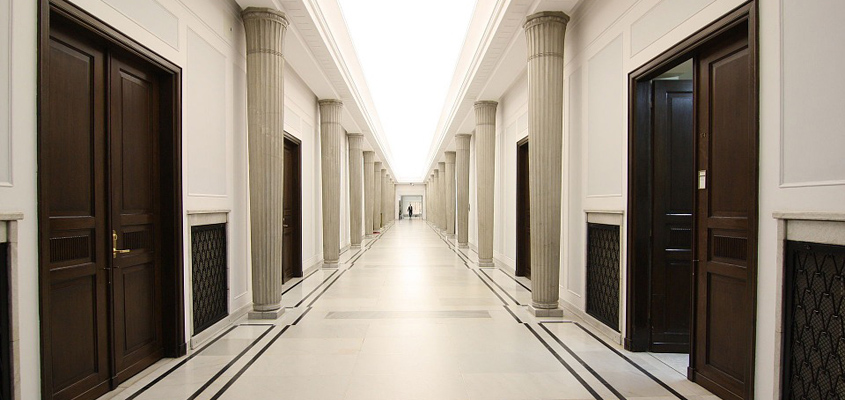Big Moves by Plaintiffs’ Bar in the California Legislature to Limit Depositions in Asbestos Cases

The Asbestos Plaintiffs’ Bar, through the Consumer Attorneys of California, is working to limit Code of Civil Procedure section 2025.295 depositions of plaintiffs and witnesses in asbestos cases to no more than seven hours. Senate Bill 632, which is currently in front of the Assembly after sailing through the Judiciary Committee and Senate in early May, is another attempt by the Plaintiffs’ Bar to control the depositions of their clients and witnesses.
Background
In 2012, the Consumer Attorneys of California, sponsored legislation (AB 1875) that added Section 2025.290 to the Code of Civil Procedure. The new provision imposed a limit of seven hours to the duration of depositions, but allowed certain exceptions to the presumptive seven-hour limit, including for complex cases. However, the Asbestos Plaintiffs’ Bar successfully pushed for an “exception to the exception,” which imposes a limit of 14 hours on any deposition where a physician’s declaration establishes that the deponent suffers from an illness or condition raising substantial medical doubt of survival of the deponent beyond six months.
However, since Section 2025.290 was added, the statute has been interpreted such that the 14-hour limit on depositions for deponents in complex cases with an illness or condition raising substantial medical doubt of survival of the deponent beyond six months is subject to the broad discretion vested in the courts to allow additional time if needed to fairly examine the deponent. Senate Bill 632 is the Asbestos Plaintiffs’ Bar’s response to this interpretation and attempt to set aside the California Court of Appeal’s ruling in CertainTeed Corp. v. Superior Court (2014) 22 Cal.App.4th 1053 which permitted trial courts to grant additional deposition time beyond the 14-hour exception granted in asbestos cases where deemed necessary and appropriate, as well as the current Los Angeles Asbestos Case Management Order and its presumptive 20-hour limit to depositions.
Senate Bill 632
The text of the proposed Bill is as follows:
(a) Notwithstanding Section 2025.290, in any civil action for injury or illness based upon exposure to asbestos, a deposition examination of the witness by all counsel, other than the witness’ counsel of record, shall be limited to seven hours of total testimony if a licensed physician attests in a declaration served on the parties that either:
(1) The deponent is over 70 years of age and his or her health is such that a deposition of more than seven hours will prejudice the deponent’s well-being.
(2) Without regard to the age of the deponent, the deponent suffers from an illness or condition that raises substantial medical doubt of the survival of the deponent beyond six months.
(b) A party may seek up to seven hours of additional deposition testimony for no more than 14 hours of total testimony. If a court grants an extension, the court shall include in its order a factual finding supporting the extension beyond seven hours, and a statement that the health of the deponent does not appear to be endangered by the grant of additional time.
(c) This section does not affect the existing right of any party to move for a protective order or the court’s discretion to make any order that justice requires to limit a deposition in order to protect any party, deponent, or other natural person or organization from unwarranted annoyance, embarrassment, oppression, undue burden, or expense.
The Defense Perspective
Most concerning for defendants is that the proposed Bill requires judges to assume the role of a doctor when determining whether the “well-being” of the witness may be prejudiced. Further, the requirements for a judge to allow for more than seven hours of deposition time are deliberately burdensome, and with respect to the provision requiring judges to issue a statement “that the health of the deponent does not appear to be endangered by the grant of additional time” seem designed to discourage judges from granting any additional time by making them the “guarantor” of the deponent’s health. And in cases where there are over 50 defendants and an exposure history that spans decades, a limit of seven hours would limit each defendant to just over eight minutes each to get basic identification testimony, meet the stringent California requirements for motions for summary judgment and develop evidence of alternate exposures to meet their burden under Proposition 51.
With a very active Asbestos Practice, Walsworth will continue to monitor the status of this important Bill and will continue to provide updates as it progresses through the Legislature.
